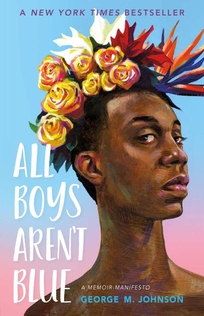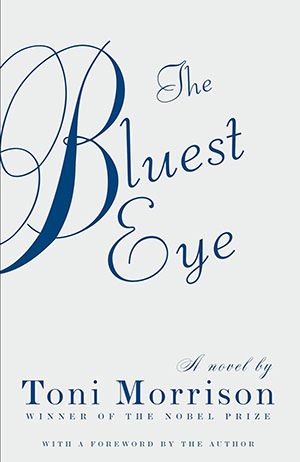Censorship is so 1984 - Banned Books Week 2025
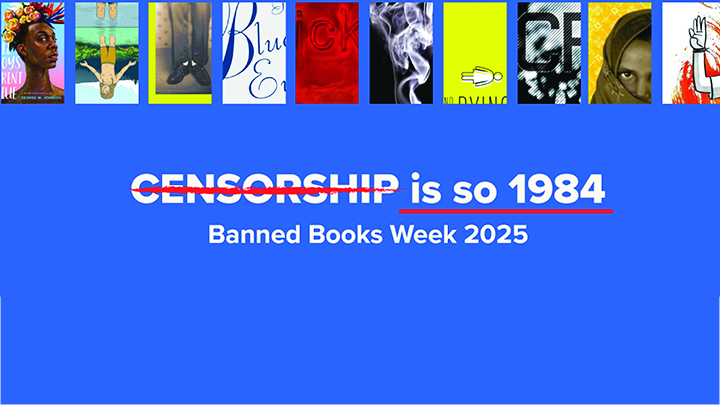
Be part of the 3rd Annual SDSU Readout for Banned Books
Join SDSU students, staff, and faculty to show your support for the right to read and to oppose censorship and book bans. Select a favorite banned book and read a short passage aloud. Sign up ahead of time so we have you on the schedule! Don’t want to read? Come listen and find a new book to read and enjoy!
“Any book worth banning is a book worth reading.”
― Isaac Asimov
The SDSU Readout is part of Banned Books Week
"Banned Books Week celebrates the freedom to read and spotlights current and historical attempts to censor books in libraries and schools. For 40 years, this annual event has brought together the entire book community — librarians, booksellers, publishers, journalists, teachers, and readers of all types — in shared support of the freedom to seek and to express ideas, even those some consider unorthodox or unpopular. The books featured during Banned Books Week have all been targeted for removal or restriction in libraries and schools. By focusing on efforts across the country to remove or restrict access to books, Banned Books Week draws national attention to the harms of censorship."
– American Library Association
Banned Books Week programs at San Diego State are only a part of similar programs going on around San Diego and across the CSU. The California State University remains committed to the principle that the freedom to read is essential to its mission.
What Do We Mean When We Talk About Banned Books?
Book challenges and bans primarily target public or school libraries, but challenges to materials held in colleges and universities are becoming more frequent. A challenge is an attempt to remove or restrict materials based upon the objections of a person or group. A ban is the removal of those materials. They are attempts to remove material from the curriculum or library, thereby restricting the access of others. Challenges may or may not result in the banning of the books in question. In many areas, books are being removed from libraries on the mere threat or anticipation of a challenge, meaning that no one has access to that material. Self-censorship out of fear of others' actions can be just as harmful as any outside challenge or book ban.
The American Library Association reports that the majority of book censorship attempts are now originating from organized movements. Pressure groups and government entities that include elected officials, board members and administrators initiated 72% of demands to censor books in school and public libraries. Parents only accounted for 16% of demands to censor books, while 5% of challenges were brought by individual library users. The 120 titles most frequently targeted for censorship during 2024 are all identified on partisan book rating sites, which provide tools for activists to demand the censorship of library books.
“Censorship is to art as lynching is to justice.”
― Henry Louis Gates Jr.
Why Are Book Bans Problematic?
Book banning limits what students can learn and what teachers can teach.
Libraries even the playing field by providing access to all books to everyone, regardless of race, social background, or economic circumstances; taking books out of libraries means taking them out of the hands of people who can’t afford to buy their own copies.
Book banning frequently targets efforts for diversity, equity and inclusion. Targeted books often feature subjects or characters for gender, sexuality, racial, cultural and religious identities.
We can trust individuals to make their own decisions about what they read and believe.
Banning books limits access to new ideas. Without new ideas, society cannot move forward.
Removing and banning books from public libraries is a slippery slope to government censorship and the erosion of our country's commitment to freedom of expression.
“If you only read the books that everyone else is reading, you can only think what everyone else is thinking.”
― Haruki Murikami
Can I Check Out Banned Books From The University Library?
San Diego State University does not ban books. If the library has the book in circulation, anyone with circulation privileges may check it out. To find out if the library has a book you are interested in, go to the library home page, enter the title in the search box, and follow the links to locate the book. For the books listed below, the links to the catalog page are already included (click on the title).
To learn more about how books (and other materials) are selected for your use at SDSU, see our Collection Development Policy.
What Books Are Most Frequently Challenged or Banned?
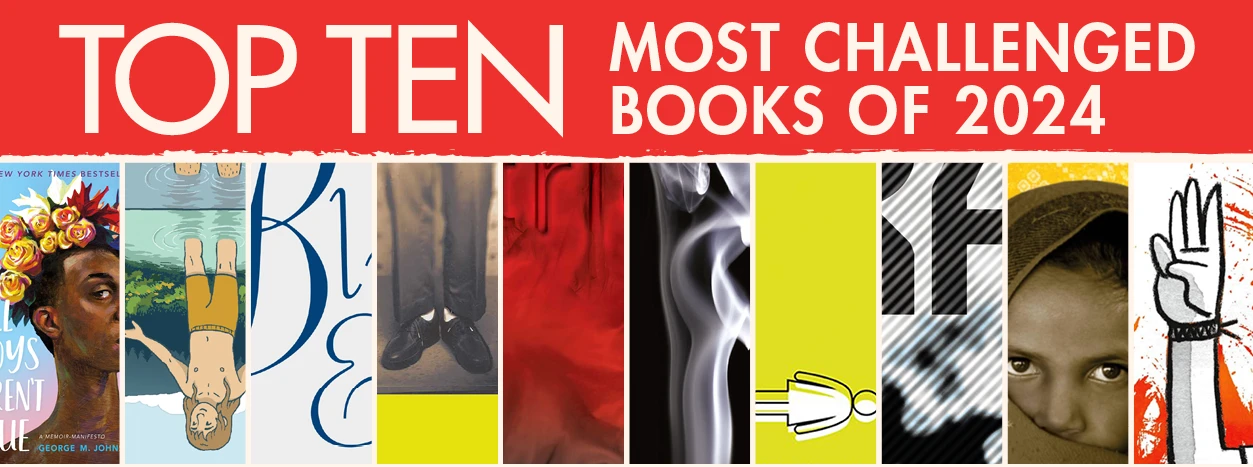
According to the American Library Association, these are the top 10 most frequently challenged books in 2024.
by George M. Johnson
Challenged for: LGBTQIA+ content, claimed to be sexually explicit
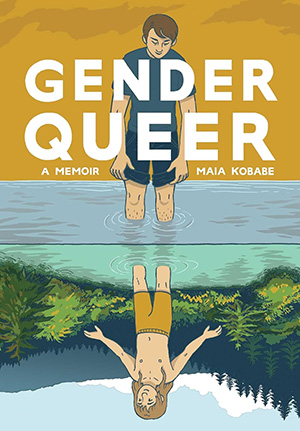
by Maia Kobabe
Challenged for: LGBTQIA+ content, claimed to be sexually explicit
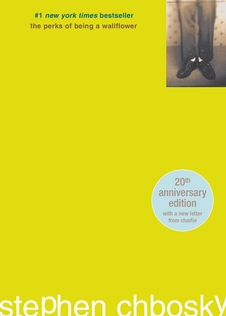
by Stephen Chbosky
Challenged for: depiction of sexual abuse, LGBTQIA+ content, drug use, profanity, claimed to be sexually explicit
by Toni Morrison
Challenged for: depiction of sexual abuse, EDI content, claimed to be sexually explicit
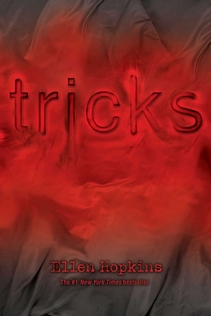
by Ellen Hopkins
Challenged for: claimed to be sexually explicit, drugs, rape, LGBTQIA+ content
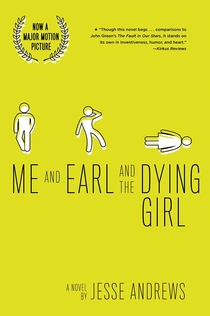
by Jesse Andrews
Challenged for: profanity, claimed to be sexually explicit
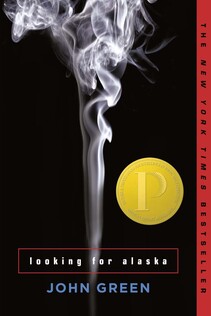
by John Green
Challenged for: claimed to be sexually explicit
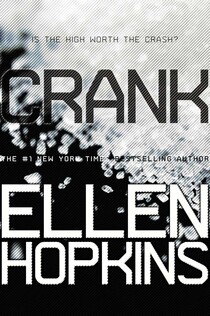
by Ellen Hopkins
Challenged for: claimed to be sexually explicit, depiction of drug use
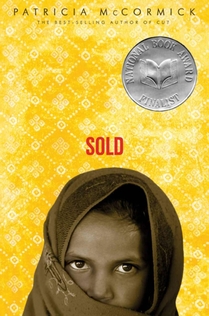
by Patricia McCormick
Challenged for: claimed to be sexually explicit, rape
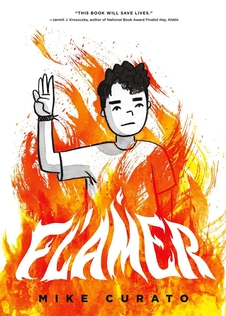
By Mike Curato
Challenged for: LGBTQIA+ content, claimed to be sexually explicit
You can find lists of other challenged books from previous years on the ALA’s website. Wikipedia has a comprehensive list of challenged and banned books.
What Can I Do To Combat Book Banning?
The Unite Against Book Bans website has a toolkit for political advocacy against book bans. Steps they recommend are:
- Register to vote and vote for candidates who advocate for the freedom to read.
- Contact decision makers such as local, state and federal politicians to express your concern about book bans. Petitions that express the view of many people can have a large impact.
- Contact local media to alert them to efforts to challenge or ban books. Or write a letter to the editor to express your concern.
- Mobilize your community to speak out against efforts to ban books.
Use social media tools to raise awareness of the issue. - Read and talk about books, including those that have been challenged or banned.
EveryLibrary is a 501 c(4) nonprofit organization that builds alliances and grassroots support for library ballot measures, tracks legislation with the potential to affect libraries, and advocates for library funding and protection of library resources and positions. Through its Fight for the First initiative, EveryLibrary “[allows] you to take action against book bans in your community.”
"Books and ideas are the most effective weapons against intolerance and ignorance."
― Lyndon B Johnson
Where Can I Learn More?
- The American Library Association has extensive information about book-banning efforts. They have also created the site Unite Against Book Bans with information you can use to advocate against book bans.
- California recently enacted the Freedom to Read Act
- California Governor Gavin Newsom's statement California Bans Book Bans and Textbook Censorship in Schools

